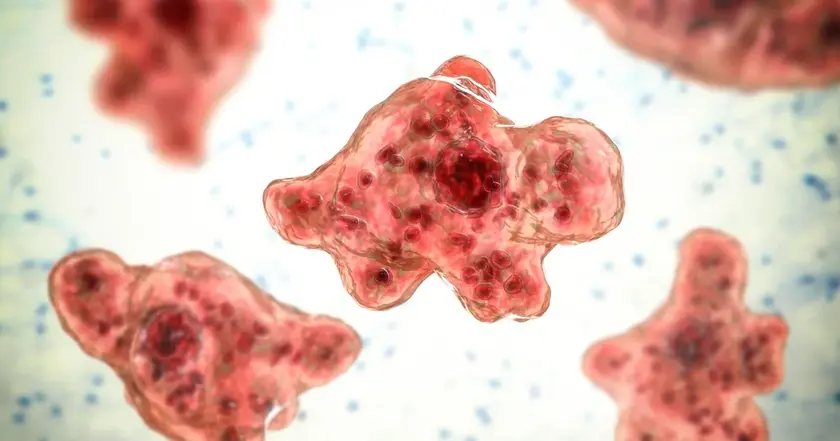T4K3.news
Plague case reported in South Lake Tahoe
A local resident tested positive for plague; health officials warn about precautions for outdoor activities and pets.
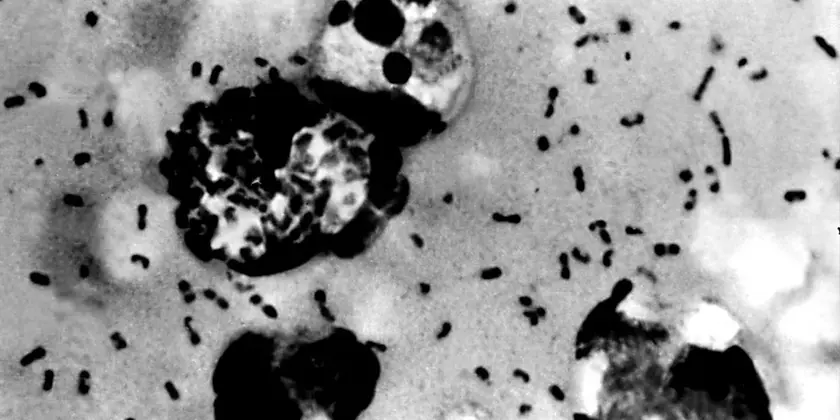
A South Lake Tahoe resident has tested positive for the plague, prompting health officials to issue precaution guidance for outdoor activities and pets.
Plague case in South Lake Tahoe prompts public health warning
SOUTH LAKE TAHOE, California KOLO reports that a resident has tested positive for the plague. El Dorado County health officials say the patient is under medical care and recovering at home, and investigators believe a flea bite during camping in the South Lake Tahoe area may be the source. The bacteria Yersinia pestis is typically transmitted by fleas that feed on infected wildlife such as squirrels and chipmunks.
Symptoms usually appear within two weeks of exposure and can include fever, nausea, weakness, and swollen lymph nodes. The disease is treatable with antibiotics if caught early. Prior to this case, the most recent local case came in 2020, in the South Lake Tahoe area. Health officials advise never feeding squirrels, avoiding contact with injured or dead rodents, and keeping pets away from sick wildlife.
Key Takeaways
"Plague is naturally present in many parts of California, including higher elevation areas of El Dorado County."
Kyle Fliflet, Acting Director of Public Health, California
"The disease can be effectively treated with antibiotics if detected early."
Medical guidance on treatment
"Never feed squirrels, touch injured or dead rodents, and never allow your pets to play with sick, injured or dead rodents."
Public health safety advice
Public health officials must balance reassurance with vigilance. This case shows that even rare diseases can surface in outdoor communities, underscoring the need for clear, practical guidance rather than alarm. The focus on outdoor etiquette and pet safety reflects a broader shift toward everyday prevention in vector-borne risks.
Local leaders may need ongoing outreach and consistent messaging across agencies to prevent misinformation and to protect both campers and residents. While the danger to the general public remains low with proper precautions, the incident highlights how tourism dependent areas must stay prepared for health threats that travel with nature.
Highlights
- Health rules don't take a vacation in the outdoors
- Antibiotics work when the illness is caught early
- Never feed squirrels or touch dead rodents
- Stay vigilant while camping and keep pets away from wildlife
Public health risk from plague case
A resident tested positive for plague in a popular outdoor area, prompting warnings about flea exposure and wildlife contact. While treatment is effective, the case highlights ongoing vector-borne disease risks in outdoor recreation settings and requires clear public guidance to prevent panic.
Public health officials will continue to monitor and update guidance as needed.
Enjoyed this? Let your friends know!
Related News

Plague case confirmed near Lake Tahoe
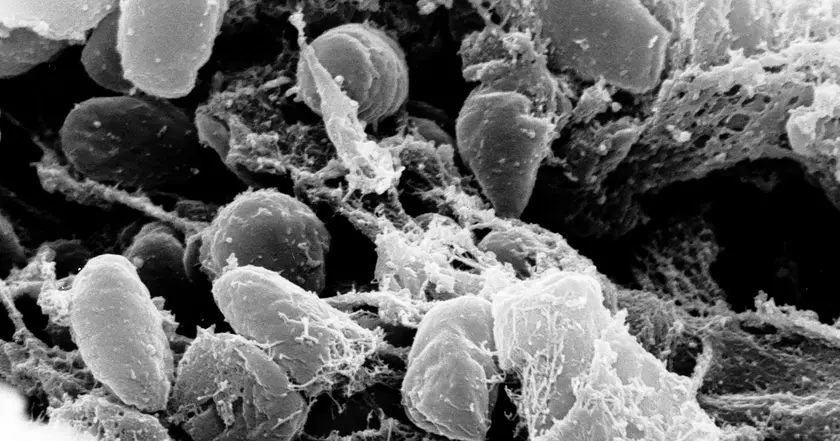
Plague case confirmed in Tahoe resident

Plague case confirmed in South Lake Tahoe

California Plague Case Confirmed
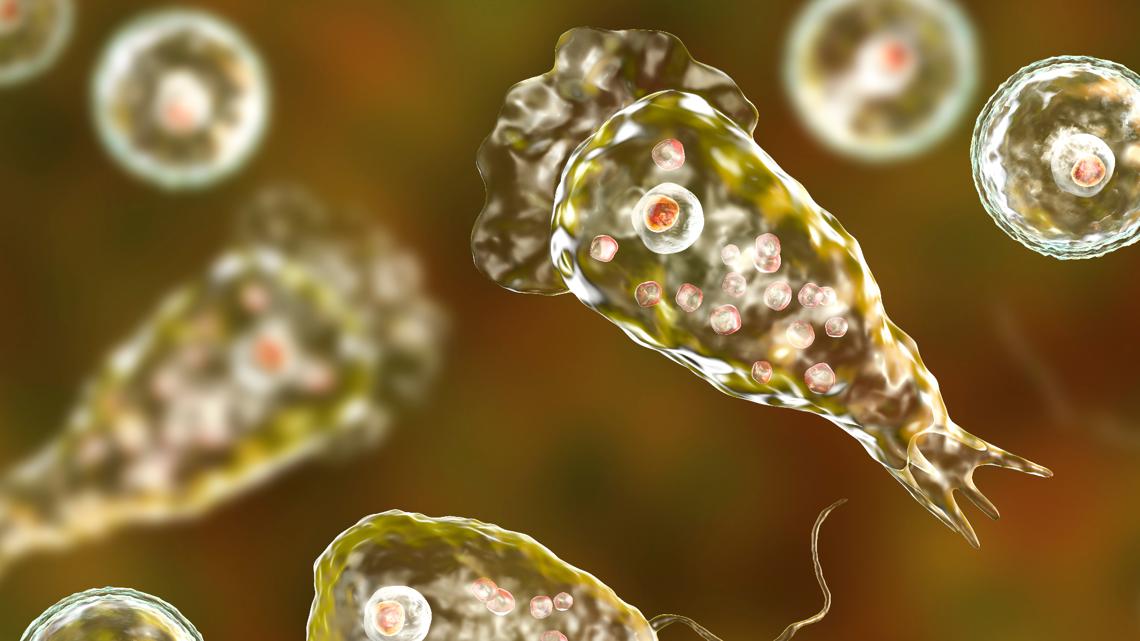
Confirmed death from brain-eating amoeba in South Carolina
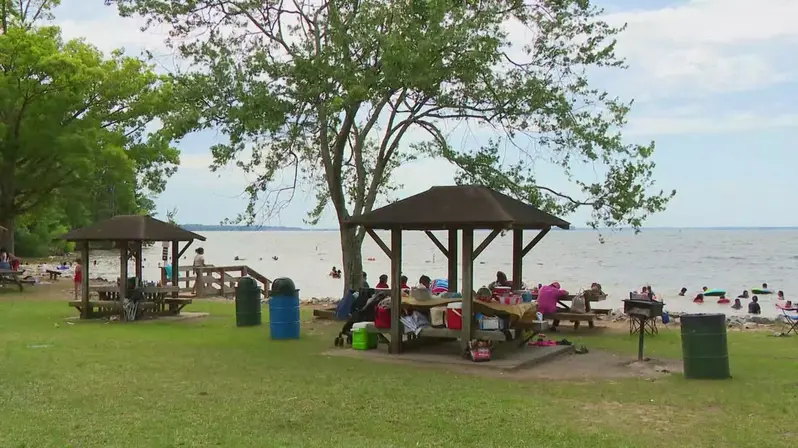
South Carolina confirms death from brain-eating amoeba

Pediatric death linked to brain-eating amoeba

Parents demand lake safety reforms after child's death
